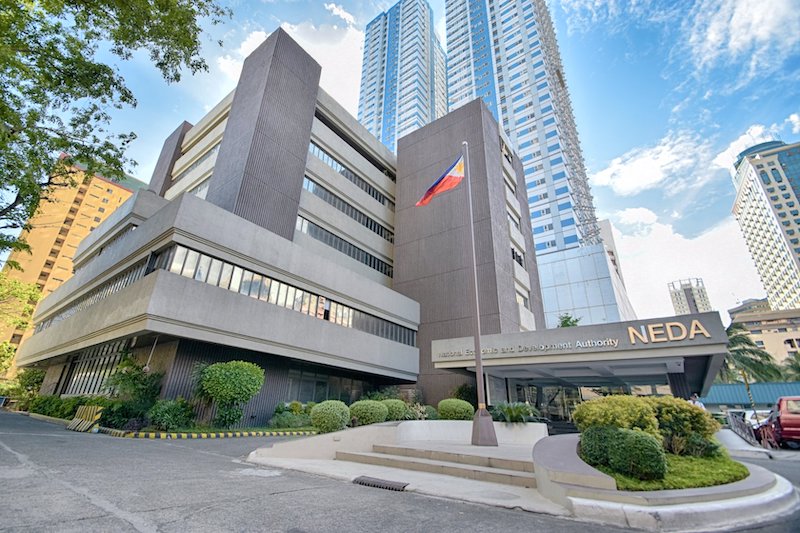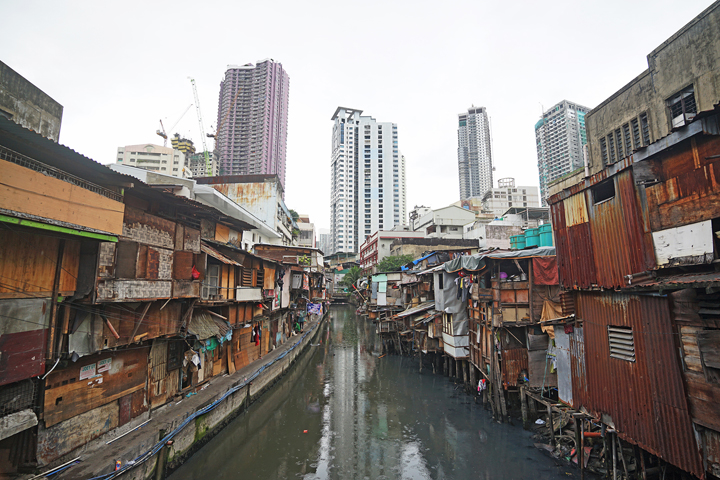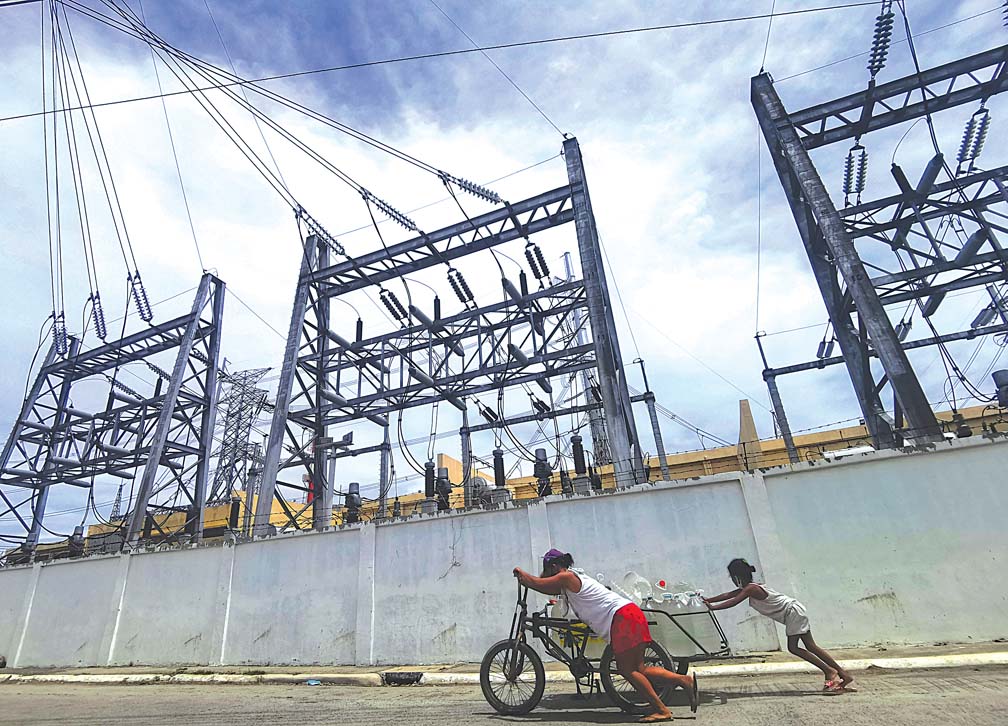Part One
THREE years after leaving the Philippine National Police (PNP), Vicencio Escaler’s professional immersion made no contrasting change. Neither did changes occur in the uniform he wears.
The only sharp change for the former policeman is that he now guards a lone but wealthy patron compared to the community of people that he had protected when he was still in the service.
Escaler, who used a pseudonym for this interview, is among the many thousands of people with immense and diverse backgrounds on security who currently work as bodyguards for politicians, wealthy businessmen and other important individuals.
The former policemen straddled into the professional world of VIP protection service after the PNP
allowed private security agencies to hire retired policemen and soldiers for security/protection jobs.
The hiring of former members of the PNP and the Armed Forces by private security agencies was among the many changes that the PNP-Civil Security Group implemented—or allowed, some officials say—in 2007 as it moved to recall policemen assigned to civilians as bodyguards.
Ad infinitum
ESCALER is just among the number of former policemen who retired Col. Rodrigo Bonifacio said have been lured by private security agencies to work in the security-escorts sector, where their training and expertise are needed. Bonifacio estimates one can manage to earn a minimum pay of between P30,000 to P35,000 monthly in this line of work.
Bonifacio, chairman of the board of the Utopia Security and Safety Solutions Inc., said his company also employs about 30 bodyguards who work for a wide array of clients that include owners of big businesses.
The retired police official, who had worked with the PNP-Supervisory Office for Security and Investigation Agencies (Sosia) before forming his own private security firm, said security escorts or bodyguards make up the hundreds of thousands of the private security business’s work force.
Bonifacio said, in 2000, the country’s private security industry already counts 700,000 up to a million members. But this number is not definite.
“[There could be more], but it is really hard to determine the exact number. This is why we called it [the sector] ‘ad infinitum,’” he said.
Multibillion-peso business
WHILE the private security industry is a big business, the PNP however does not have the exact figure on the number of hired hands.
Even the Sosia, which is supposed to be the unit regulating the prime movers of the industry, doesn’t have the figures, apparently. The BusinessMirror attempted to get a report on the private security industry from the PNP through its spokesman, Chief Supt. Dionardo Carlos. However, Carlos did not return the requests for interview.
His office did not also act on the request of the BusinessMirror to ask Sosia officials, other than asking the request to be put on paper for supposed clearance purposes.
Since becoming the spokesman of the PNP, Carlos has imposed a “dictatorial” rule that any request to interview officials of the PNP must come through him. But in most cases, requests are not acted upon, thus alienating the whole PNP to the people.
Although documents from the PNP are not available, an earlier report from the Philippine Association of Detective and Protective Agency Operators (Padpao) showed that the private security industry was already at P40 billion in terms of gross revenue in 2014.
The industry, the association said, employed more than 600,000 security guards, including bodyguards, up to that year.
However the Padpao, which is an association of security agencies, has already become inactive in the wake of the more active regulation of the industry by the PNP through its Sosia. The latter has ordered that membership with Padpao is no longer mandatory for businesses in the security classification.
Through the years, the private security industry was believed to have even grown and became bigger as the country’s security is continuously challenged, with politicians, businesses and their owners, and other important persons seeing the need to protect themselves and their interests.
According to Padpao, mining companies, malls and other establishments where the public regularly converge are among the top clients of the private security industry.
Ever-growing
ACCORDING to Bonifacio, the business of security has grown and expanded over the years due to the onslaught of technology, which also made personal security a more complicated thing to handle.
Before, security agencies only hire for “blue guard” service and VIP protection service for both establishments and important individuals. Now, security firms already deploy K-9 services and cybersecurity protection.
Bonifacio said these latest additions, which his company also offers, are already a necessity, as threats and hazards have evolved. From traditional threats to conventional security risks, there are now combinations of both.
“It is already a combination of personal security and information or data security [cybercrime],” he said. “This is also the reason the Sosia is modernizing.”
He added that the evolving security challenges, which private security agencies needed to dealt with for their patrons and clients, forced the Sosia to also modernize as the industry’s regulatory office.
Bonifacio said it is no longer only the elected public officials, wealthy businessmen, other important persons and even business and commercial interests that now needed guarding and securing from threats and attacks, but even data and information. To be continued
Image credits: Contributed Photo: JG Nunez































